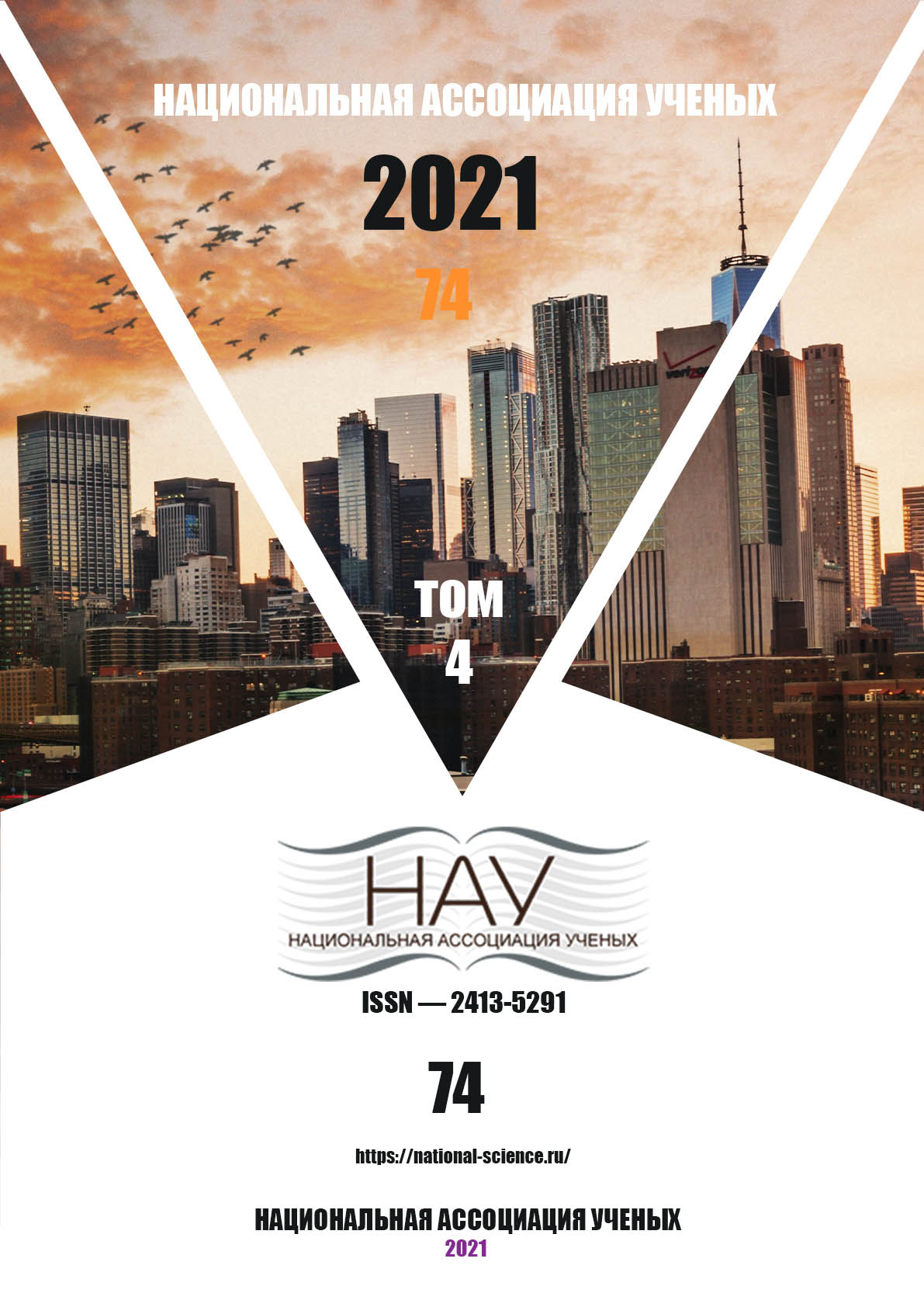MULTIMODAL MEANS FOR MAINTENANCE OF CO-OPERATIVE DIALOG IN POLITICAL INTERACTION
Keywords:
multimodal interaction; multimodal overlap; kinesic signs; mechanism of mutual perception; unisonant or polemical attitudesAbstract
The article deals with communications behavior of participants of television talk show, which use multimodal means of interaction for maintenance of co-operative dialog during their verbal pause. The conducted analysis has allowed to establish a dependence of the choice of means by unisonant and polemical attitudes of communicants
References
Egorchenkova, N.B. Strategicheskij potencial mul'timodal'noj interakcii v media-politicheskom diskurse / N. B. Egorchenkova // Vestnik Tomskogo gosudarstvennogo universiteta. Filologija. 2014. № 5 (31). – S. 24–37.
Porshnev, B.F. Kontr suggestija i istorija (Jelementarnoe social'no-psihologicheskoe javlenie i ego transformacija v razvitii chelovechestva) // Istorija i psihologija. M., 1971. – S. 7–35 // URL: http://rudn.monplezir.ru/porshnev.htm
Shamne, N.L., Egorchenkova, N.B., Koordinativnye resursy mul'timodal'noj interakcii v politicheskom tok-shou / N.L. Shamne, N.B. Egorchenkova // Vestnik Volgogradskogo gosudarstvennogo universiteta. Serija 2, Jazykoznanie., Volgograd, 2016 - №1(30). S. 107-118
Girnth, H., Michel S. Polit-Talkshow. Interdisziplinäre Perspektiven auf ein multimodales Format. Ibidem-Verlag, Stuttgart, 2015. 345 S 5. Schmitt, R. Unterricht ist Interaktion! Analysen zur De-facto-Didaktik [Text] / R. Schmitt. – Mannheim: Institut für Deutsche Sprache, 2011. – 240 S.
Downloads
Published
Issue
Section
License

This work is licensed under a Creative Commons Attribution-NoDerivatives 4.0 International License.
CC BY-ND
A work licensed in this way allows the following:
1. The freedom to use and perform the work: The licensee must be allowed to make any use, private or public, of the work.
2. The freedom to study the work and apply the information: The licensee must be allowed to examine the work and to use the knowledge gained from the work in any way. The license may not, for example, restrict "reverse engineering."
2. The freedom to redistribute copies: Copies may be sold, swapped or given away for free, in the same form as the original.





